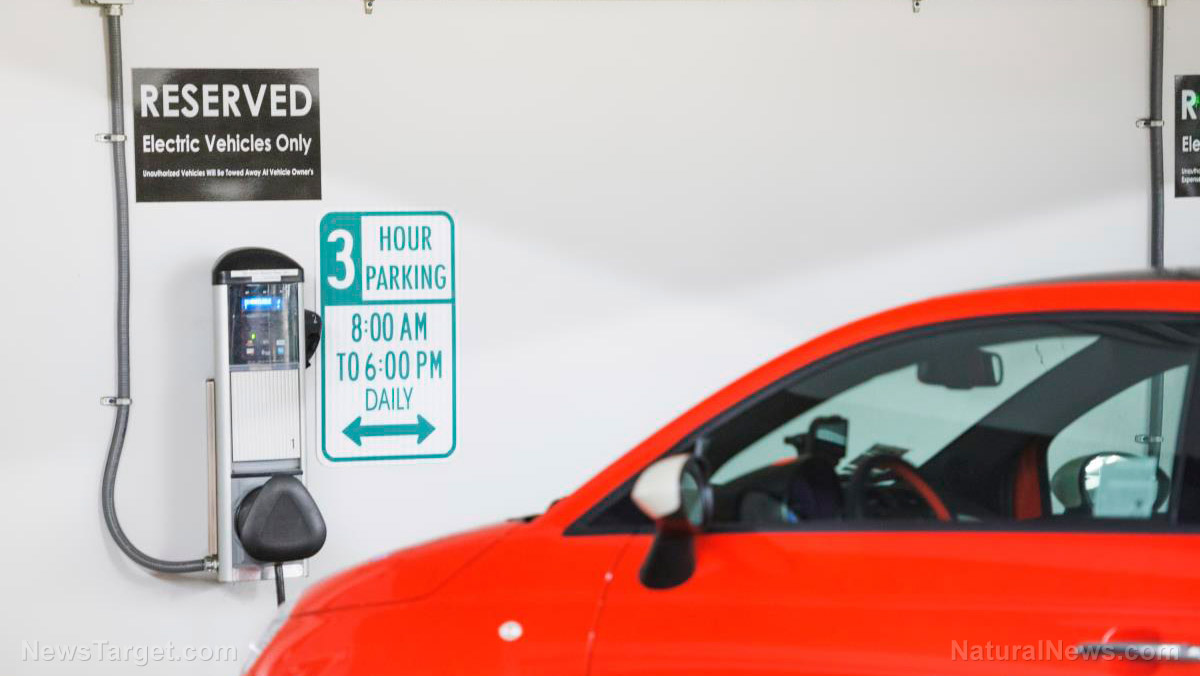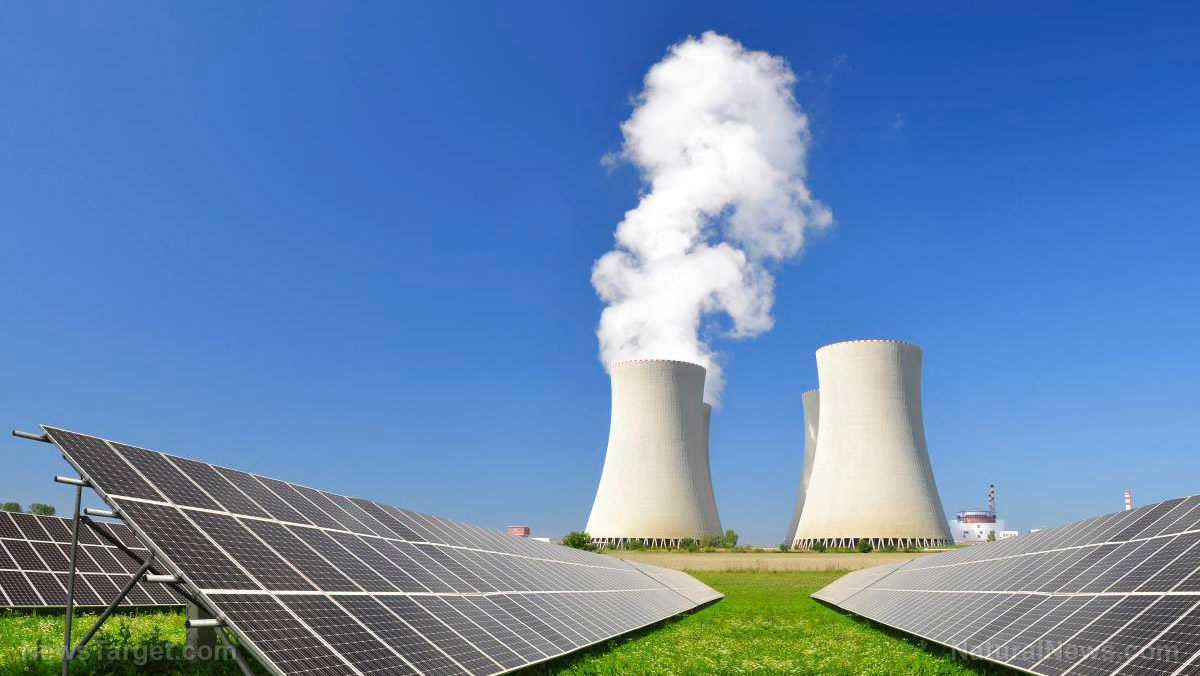
On Sept. 18. Jigar Shah, the director of the Loan Programs Office at the Department of Energy (DOE), posted an unusually frank tweet on X. In his reply to another post, Shah said replacing "all of the vehicles in the world with EVs is not sustainable."
According to Shah, it is crucial to first "invest in micro-mobility, new ownership models, better urban planning models and other improvements." He added that they must first "improve on the current 4-6 percent utilization rate" of the current car fleet.
Shah is working with John Podesta in handing out $300 billion in loan guarantees for green energy projects. Podesta was named as senior advisor to the president for clean energy innovation and implementation in September last year.
In essence, the Biden administration is admitting that the U.S. can't replace all the 250 million internal-combustion vehicles in the country with EVs.
Rules meant to speed up transition to EVs are facing many challenges
The Biden administration has proposed aggressive rules to drastically speed up America's switch to electric vehicles and significantly reduce the auto pollution that is allegedly heating the planet. But these rules are facing many challenges.
The plans detailed by the Environmental Protection Agency (EPA) are supposedly designed to ensure that two-thirds of new passenger cars and a quarter of new heavy trucks sold in the U.S. are all-electric by 2032.
If the plans are enacted as proposed, the regulations would mean a significant leap for the auto industry in the country, where only 5.8 percent of new cars and less than two percent of trucks sold in 2022 were all-electric.
To transform the American automobile industry on the ambitious scale it envisions, the Biden administration must first deal with resistance from manufacturers and consumers, along with possible legal challenges from those who consider the regulations as government overreach.
One of the most important aspects of a wholesale transition to electric vehicles involves timing.
While almost all automakers have already invested billions in electrification, the proposed regulations create a dilemma: How can automakers continue to manufacture gasoline-powered vehicles, which provide profits, while investing more in new electric facilities?
The aggressive timeline targeted by the government means the carmakers could also have a hard time sourcing the materials required for vehicle batteries, which are already difficult to obtain.
Market demand is another challenge. Even with federal tax incentives of up to $7,500 for consumers, electric vehicles are more expensive upfront compared with conventional cars and trucks.
At the end of 2022, the price of an average new car was $49,507 compared with $61,448 for an electric vehicle. However, even for motivated consumers who can afford EVs, one major obstacle is something called "range anxiety," or the fear of being stranded because your EV can't reach its destination on a single charge and the lack of fast charging stations.
Stephanie Brinley, an automotive analyst at S&P Global, said the administration's goal was "always a transformation that was going to happen over decades." The aggressive timeline means a lot of things must first happen consecutively and concurrently. (Related: Pew poll finds 59% of Americans OPPOSE Biden admin’s plan to phaseout gas-powered cars in favor of EVs.)
There is also another all-but-certain legal and political threat looming on the horizon: The new rules could be erased by the courts or a future president.
There is proof that the industry is already transitioning into an all-electric future. For example, General Motors (GM) is targeting a goal of phasing out the sale of all internal combustion vehicles by 2035.
Meanwhile, Ford Motor hopes electric cars make up half of its sales by 2030. Both Hyundai and Nissan are ramping up EV production.
However, the proposed regulations would mean automakers must make more adjustments.
Ford is on schedule to spend $50 billion between 2022 through 2026 on its electric vehicle production. The company also has two battery factories under construction in Kentucky, with a third planned in Tennessee and an electric truck plant.
However, Ford will most likely need to spend billions more if EVs are to make up two-thirds of the more than two million vehicles that it sells in North America annually.
EV transition comes with "very high" risks
Matthias Heck, vice president at Moody's Investors Service, explained that the risks of accelerating the transition away from gasoline-powered vehicles are "high, if not very high" since electrification will require further substantial investments into several factors, such as:
- New battery electric vehicles
- Battery technology
- Supply chain and manufacturing capacity
- Charging infrastructure
Ford and other automakers also have not yet secured sufficient sources of cobalt, lithium, manganese, nickel and other materials essential for automotive batteries. It remains unclear where they will get them.
While the Biden administration is hoping that EV costs will decrease with mass production. Carlos Tavares, chief executive of Stellantis, said the difficulty of sourcing materials worked against that.
Tavares warned that affordability isn't guaranteed because the raw materials are scarce and very expensive. They are also volatile, he added.
Manufacturers are now financing their electric vehicle production from substantial profits on their gas-powered trucks and sport utility vehicles. Experts warned that despite this, maintaining profitability as they produce more electric vehicles and fewer gas-powered models will be difficult.
GM revealed that it is not yet making money on its electric vehicles, while Ford said its electric division was set to lose $3 billion in 2023.
Both companies hope to turn the corner as they boost the production of electric models while also trying to cut costs.
GM is in the process of eliminating 5,000 jobs to reduce costs by $2 billion. In 2022, Ford started to trim about 3,000 jobs from its workforce.
Sam Abuelsamid, a principal research analyst at Guidehouse Insights, thinks reaching at least 50 to 60 percent EVs is possible, but it won't be easy. Even if the pace of EV purchases is slowly increasing, many car buyers remain uncertain about the new technology.
Read more stories about the Biden administration's push for EVs supposedly to stop global warming at GreenTyranny.news.
Watch the video below to learn more about the green energy trillion dollar scam.
This video is from the Greekinsider channel on Brighteon.com.
More related stories:
INSANITY: Biden administration now going after dishwashers to combat imaginary climate crisis.
PLANNED IMPLOSION: California approves ban on new diesel truck sales by 2036.
Ford, Tennessee state gov’t collude to grab private lands for EV and battery plants.
Sources include:
Please contact us for more information.






















